
CAU Summer Courses: From wine pairings to town-gown history
Registration is now open for the two sessions of weeklong offerings, with the option to stay in a newly renovated Balch Hall
 Department Homepage
Department Homepage
 Department Homepage
The College of Arts & Sciences
Department Homepage
The College of Arts & Sciences
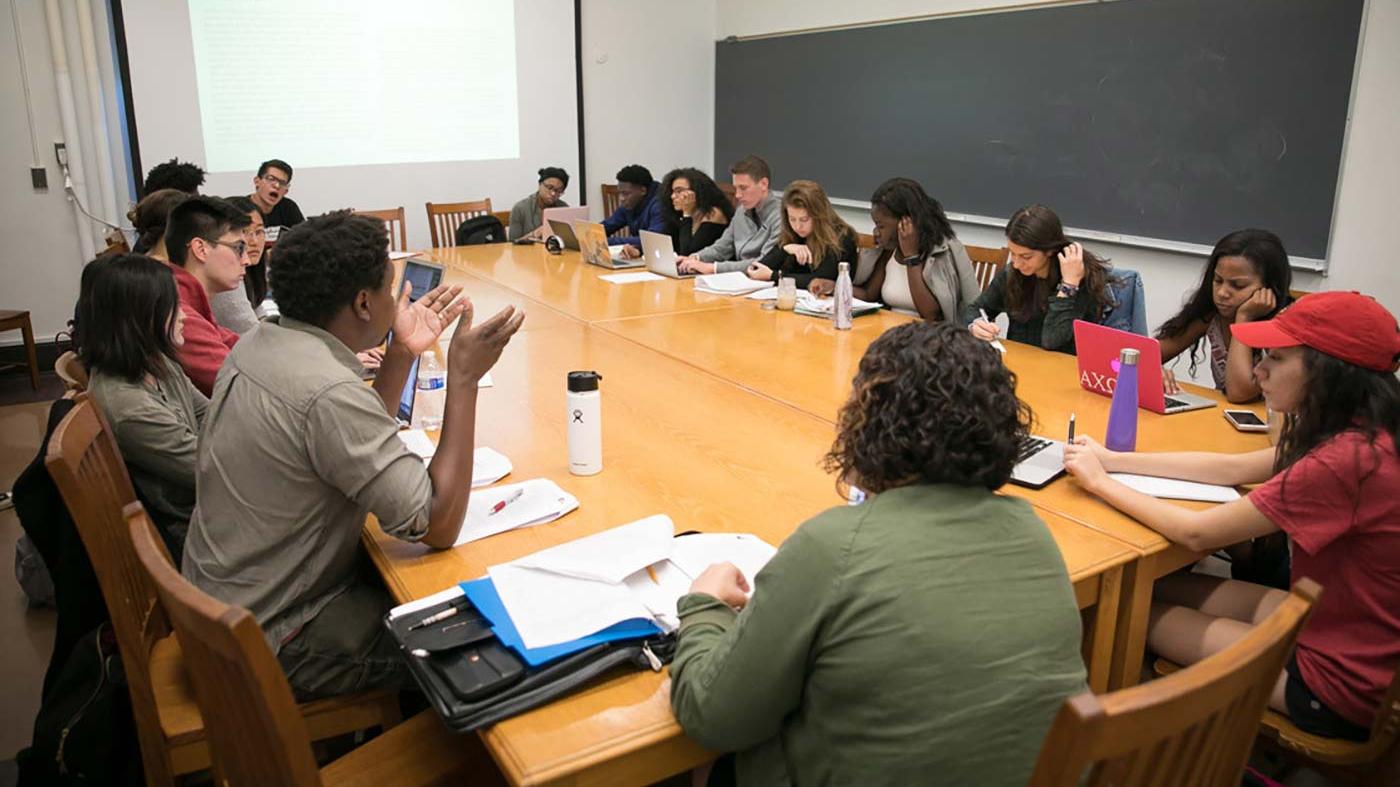
The Cornell Literatures in English Department retains the pluralistic ideals of the university’s founders and continues to respond to and embody a constantly evolving discipline. Within the department, ongoing debates about the role of critical theory or cultural studies, the status of popular culture, the relevance of film studies and hip hop, or the definition of the words “English” and “literature” themselves have led to new understandings of the discipline, as well as a range of textual productivity, from producing critical editions to writing poetry.
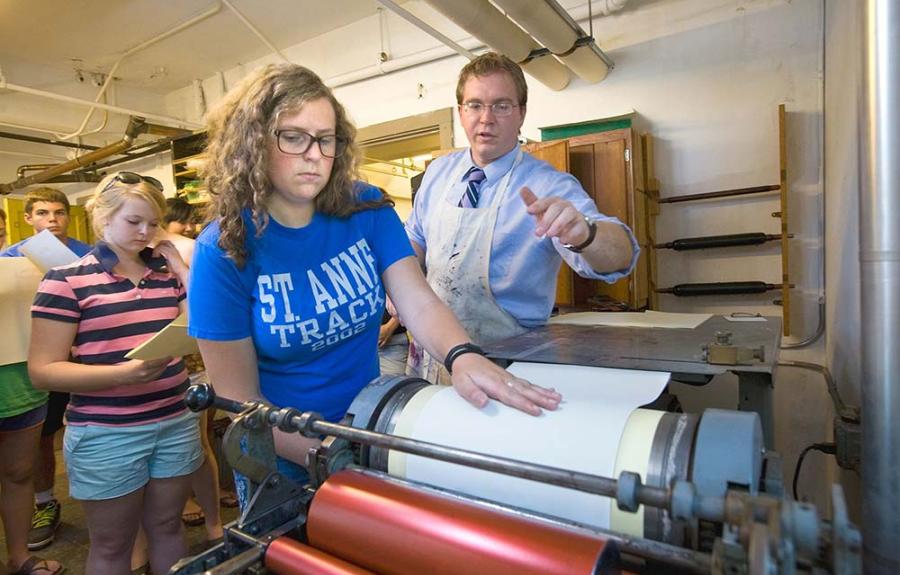
Outside the department, the growth of interdisciplinary work has led to a range of connections across the humanities at Cornell, from comparative literature to medieval studies, from Asian-American Studies to feminist, gender and sexuality studies, with English faculty maintaining affiliations in all of these disciplines.
Along with teaching more than a third of the Freshman Writing Seminars offered by Cornell’s Knight Institute of Writing in the Disciplines, the Literatures in English Department’s nourishing of this wide range of scholarly and creative writing has maintained the department’s central importance in the humanities at Cornell and world-wide.

Registration is now open for the two sessions of weeklong offerings, with the option to stay in a newly renovated Balch Hall
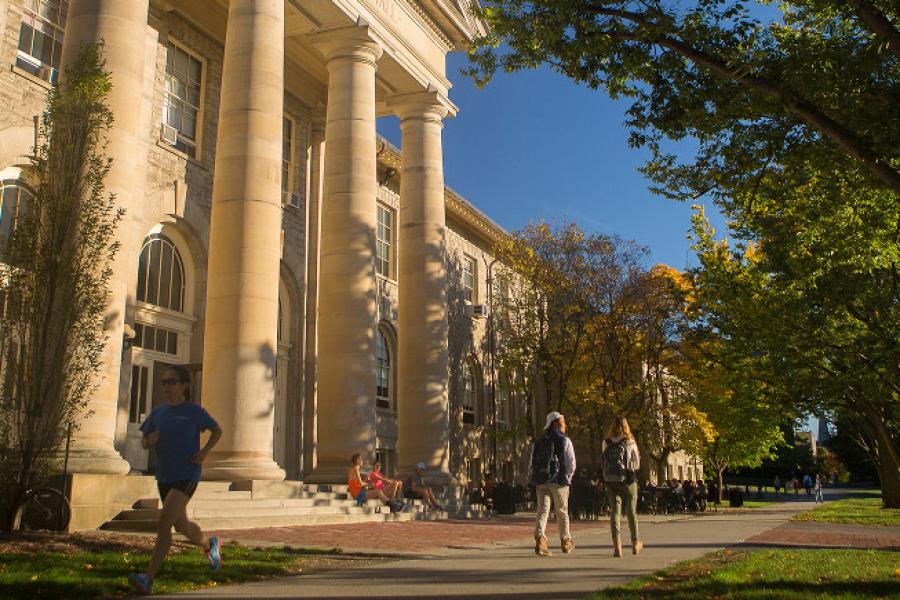
New York Times columnist Bret Stephens, New York Times White House correspondent Zolan Kanno-Youngs and ProPublica investigative reporter Keri Blakinger ’14 will visit Cornell this spring.

The 12 early-career scholars will pursue research in the sciences, social sciences and humanities.
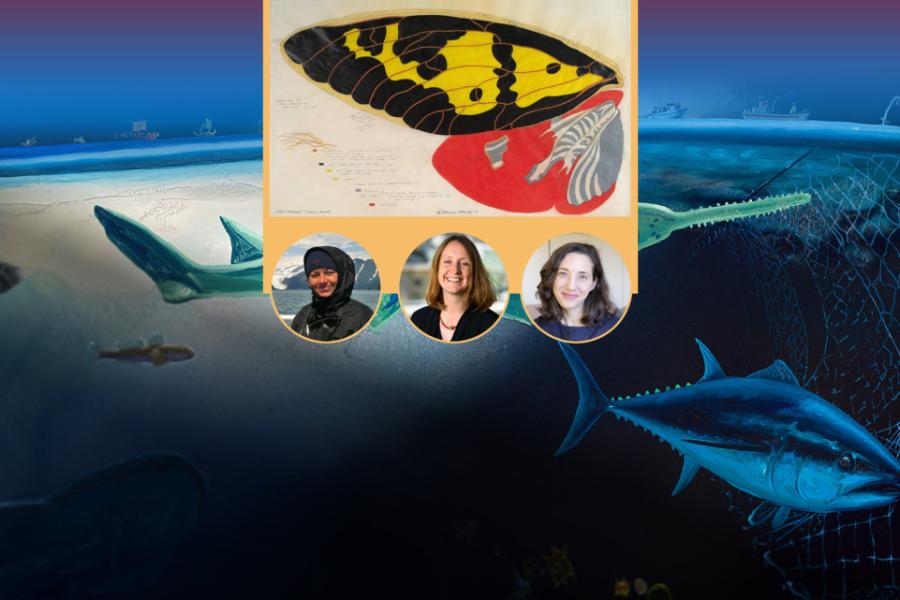
On Jan. 28, the Center for Teaching Innovation and Herbert F. Johnson Museum of Art will co-host “Teaching About Climate Change: Art, Action and Reflection,” a faculty panel, teaching workshop and exhibit tour exploring how instructors can engage the humanities, climate change and community in their teaching.
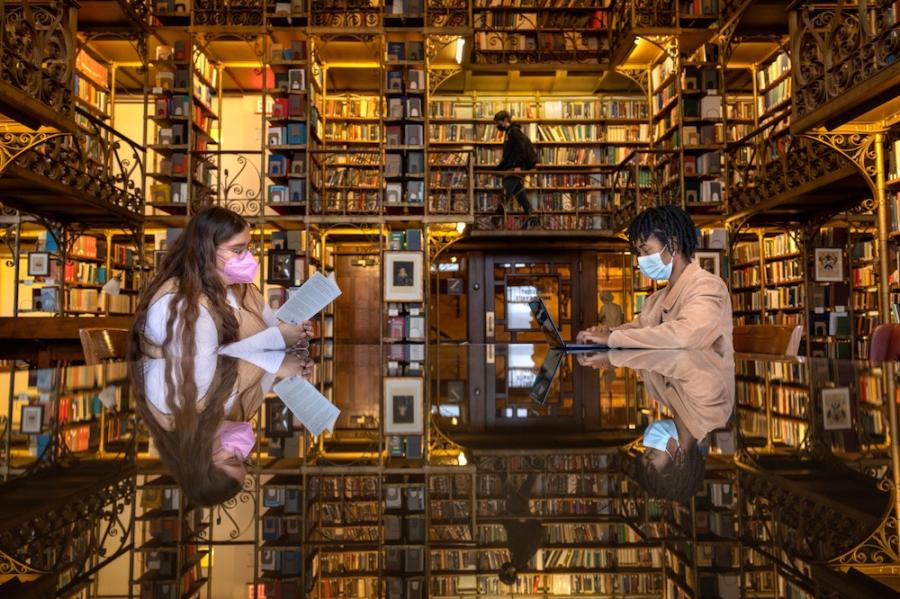
This month’s featured titles include fiction from A&S alum Thomas Pynchon ’59, an award-winning poetry collection and a study of a small town.
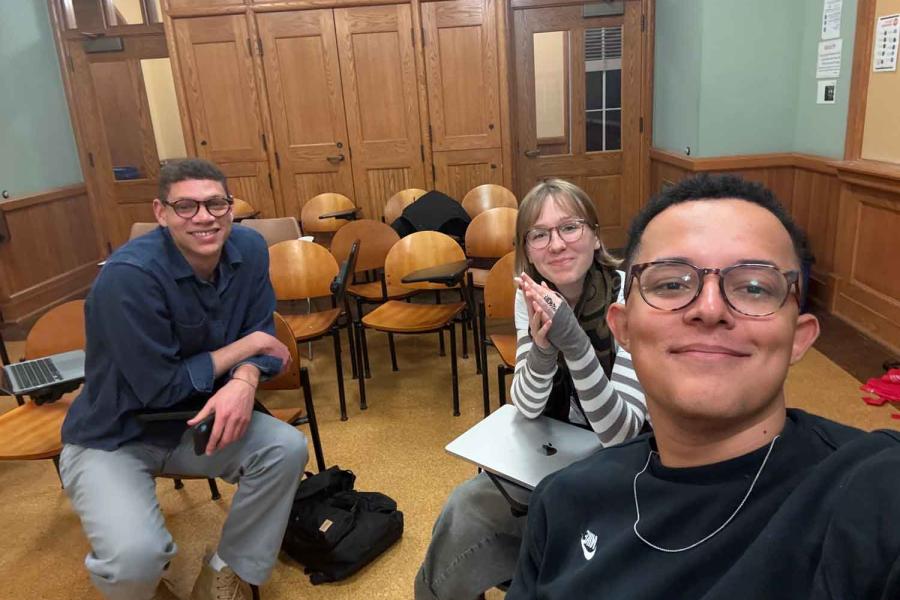
A new student-run magazine focuses on long-form journalism that reflects the culture of Cornell and Ithaca.
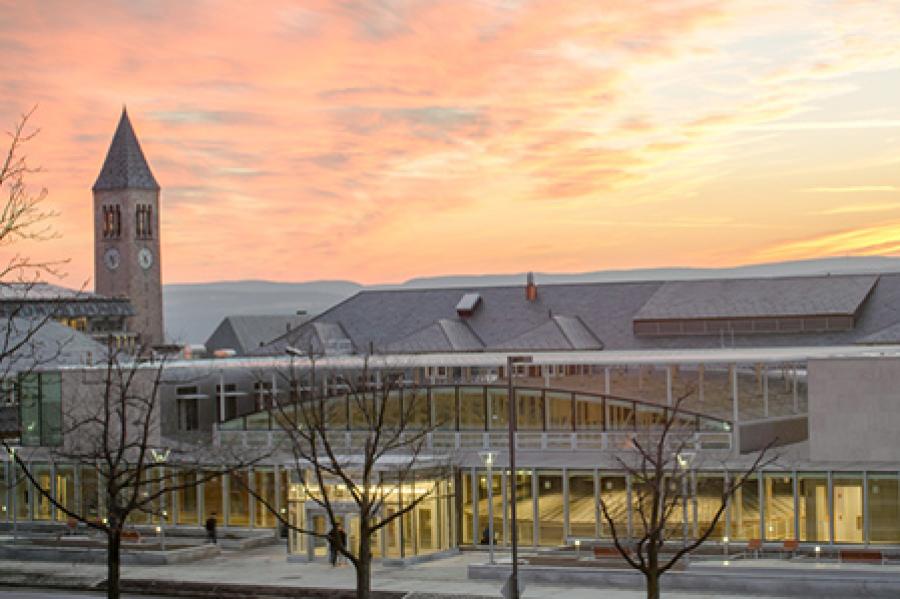
Finding joy in reading through Genre writing.
In the course How Reading Changes Your Life, Prof. Raskolnikov is on a mission to help students rediscover that sense of wonder often lost after childhood. The students enrolled in the class are “beginning to realize that in addition to having a job, you also need a life,” she said, emphasizing the importance of “being able to read for escape and being able to read for community.”

This month’s titles featured in Cornellians include poetry, a famed restaurateur’s memoir, and a chronicle of the 1929 stock market crash
"If you read quickly to get through a poem to what it means, you have missed the body of the poem."
— M.H. Abrams, Class of 1916 Professor Emeritus